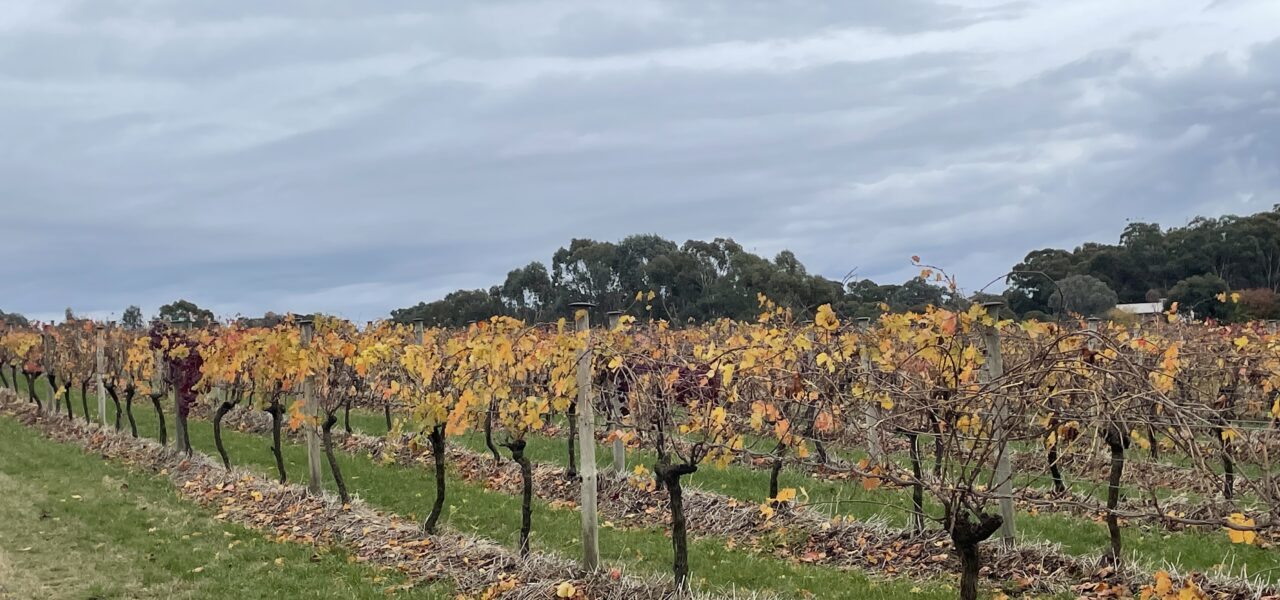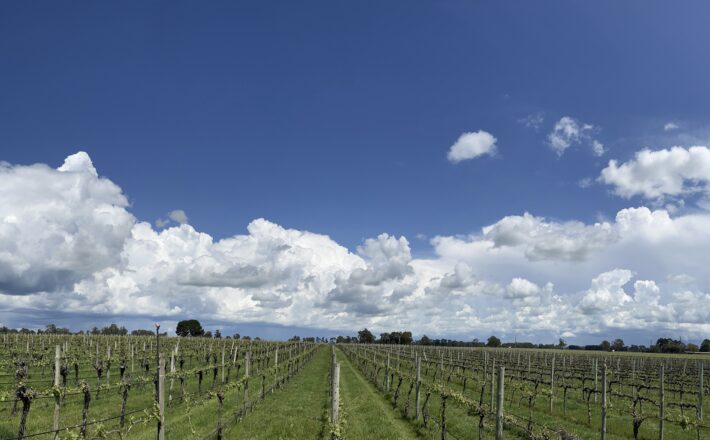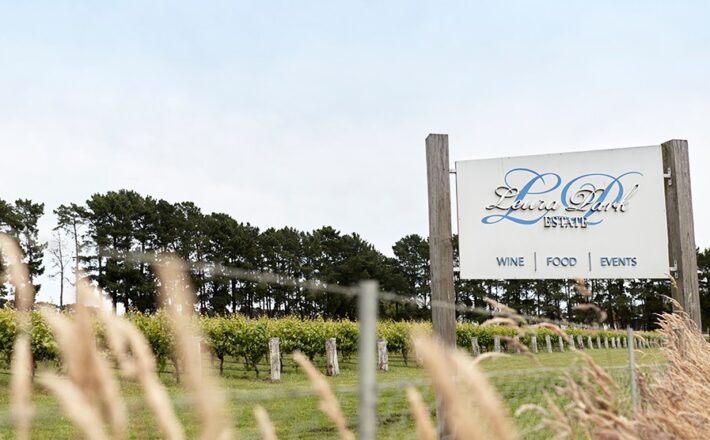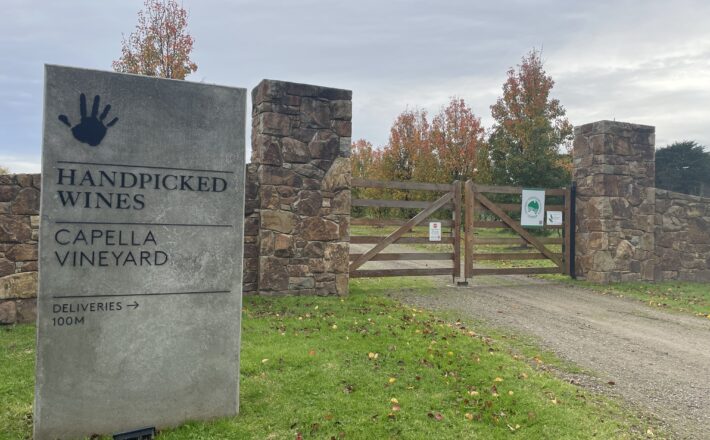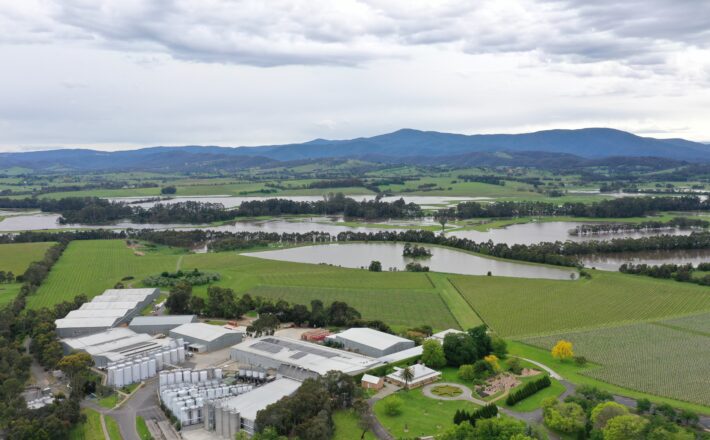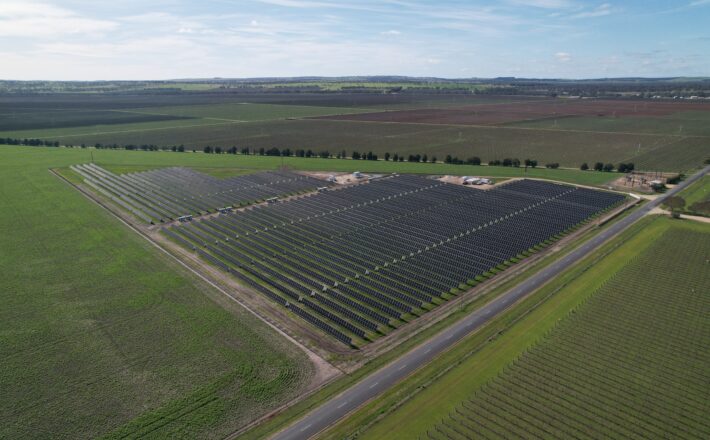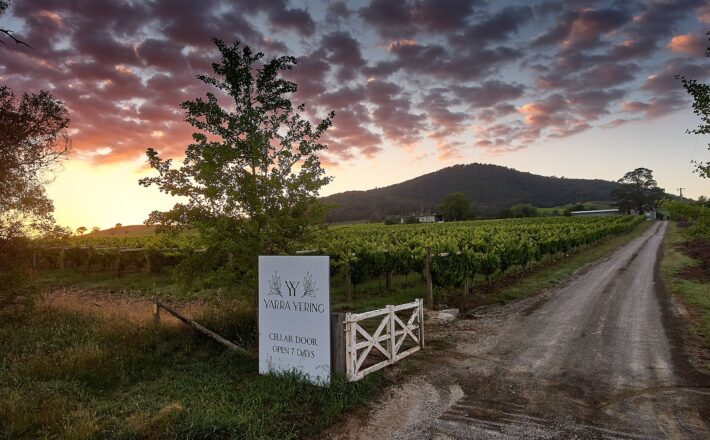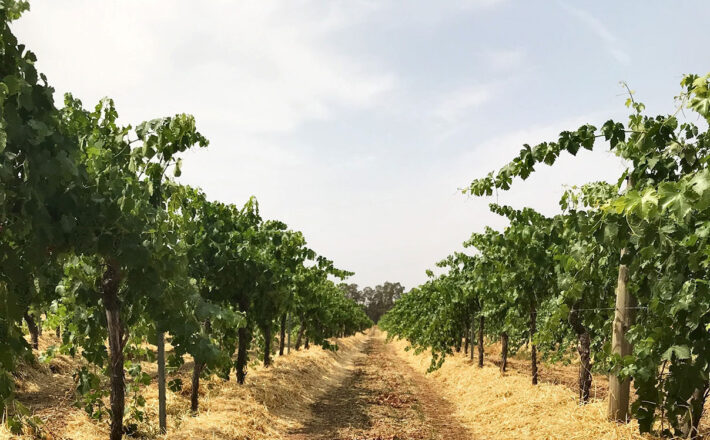Scion, located in Victoria, was established in 2002 with a focus on dynamic wine styles which represent a modern Rutherglen region, becoming a certified vineyard member of the program in 2023.
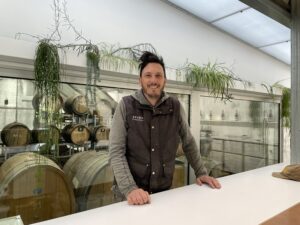
Sustainable practices are at the forefront when it comes to decision-making by owner and winemaker, Rowly Milhinch. They have a firm belief that great wines are made in the vineyard, and Sustainable Winegrowing Australia’s best-practice sustainability methodology supports this ethos.
Biodiversity at Scion
Scion’s sustainable approach to viticulture ensures its most important assets, the land and grapevines, are cared for now and into the future. Scion’s unique approach to caring for the land and enhancing biodiversity includes the addition of bees to the property. The bee initiative began following a serendipitous conversation Rowly had while cycling. After riding past a hive and smelling the wild honey, chance would have it that Rowly’s cycling companion was also a hobby apiarist, who helped Scion source its first hives. Four years on and Scion now hosts 12 hives in a dedicated area surrounded by 1,200 native trees planted to enhance biodiversity.
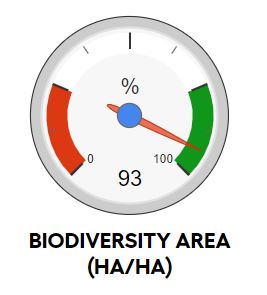
Rowly reports the expenditure to set up the hives was nominal, at under $1,000 for one hive, inclusive of the necessary equipment. These costs have been negated by the positive environmental impact, as well as the economic gains due to the success of the honey production. Scion’s bees currently produce approximately 550 kg of honey annually, valued at approximately $50/kg. Rowly notes the time cost is the main obstacle, due to seasonal cleaning, harvesting and bottling.
Rowly uses Sustainable Winegrowing Australia benchmarking reports as a tool to evaluate performance across comparable regions. The benchmarking results show that the dedicated biodiversity area at Scion places it in the top 7% of vineyards in Australia.
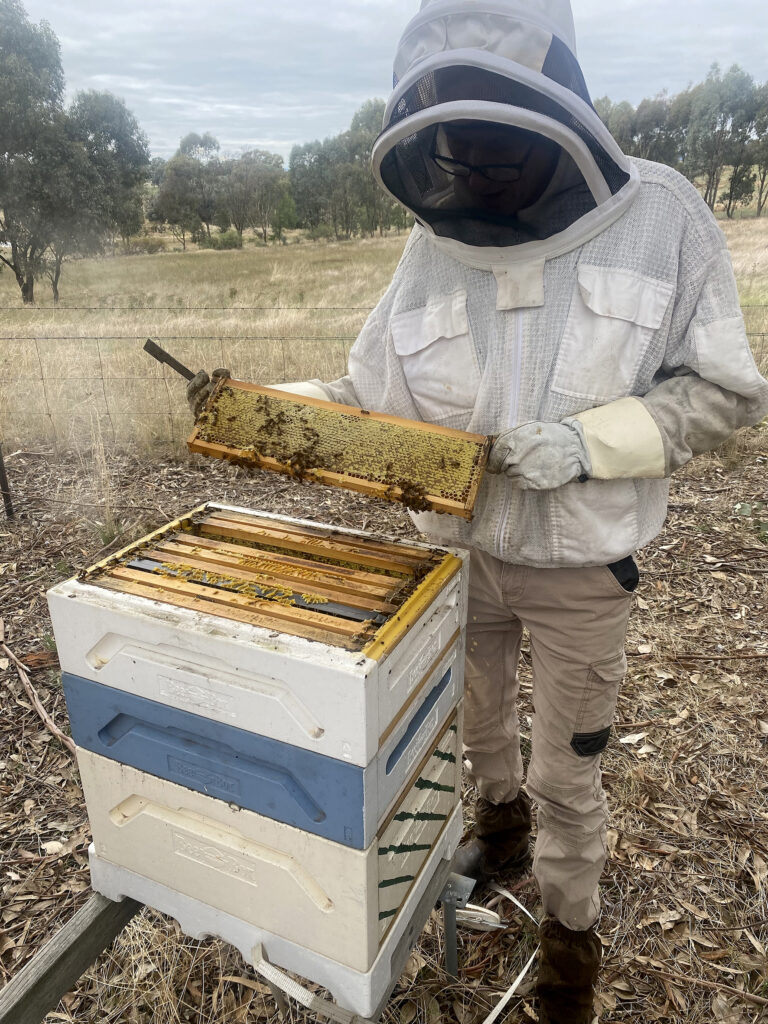
Enhancing biodiversity includes the addition of bees to the property.
Renewable energy at Scion
Renewable energy is a visible asset at Scion, from the array of solar panels at the driveway entrance, to the Tesla charging station positioned on the hill. Rowly notes the Tesla charging station enhances online brand performance and demonstrates to customers a commitment to clean energy solutions.
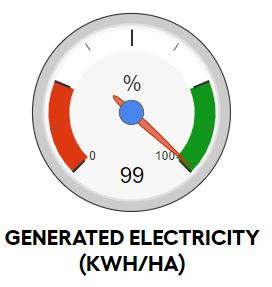
Scion Wines currently has an 22-kilowatt solar photovoltaic system, the cost of which was significantly offset by government incentive rebates. To support the hybrid energy system, a battery has been installed, which helps manage the load of the higher-demand winery equipment. Using the Sustainable Winegrowing Australia benchmarking report, Scion Wines can observe its positive performance in 2021/22 when, compared to other members nationally, it was in the top 1% for generation of electricity.
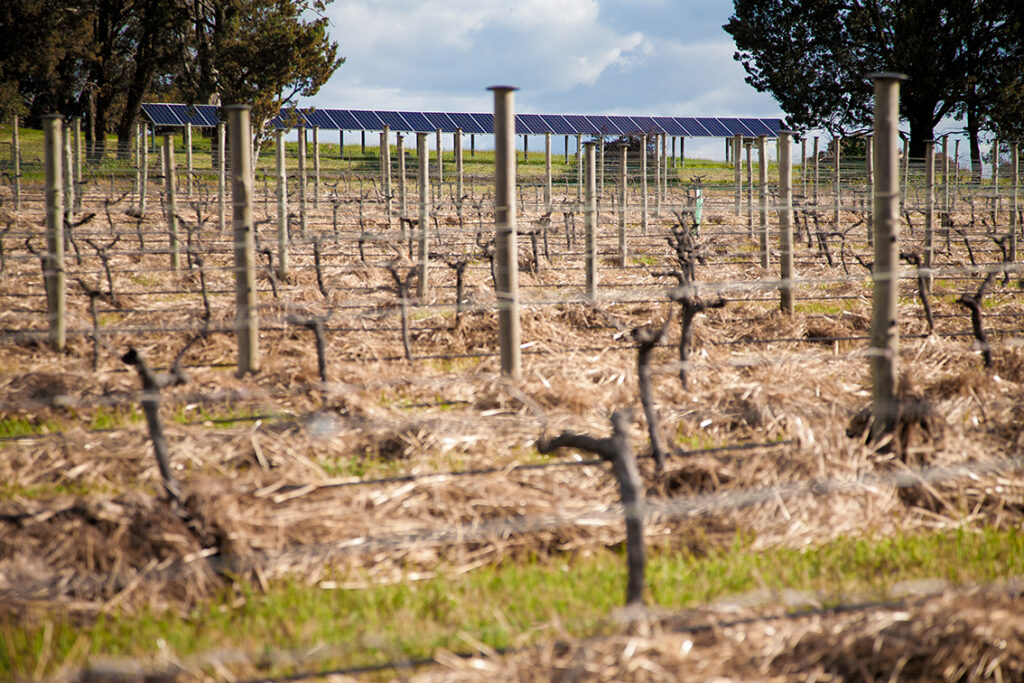 Solar panels and mulching under vines
Solar panels and mulching under vines
Compared to other members nationally, Scion was in the top 1% for generation of electricity.
Acknowledgement
This case study was developed by the Australian Wine Research Institute with support from the National Landcare Program, Winemakers of Rutherglen and Rowly Milhinch, Winemaker, Scion.
